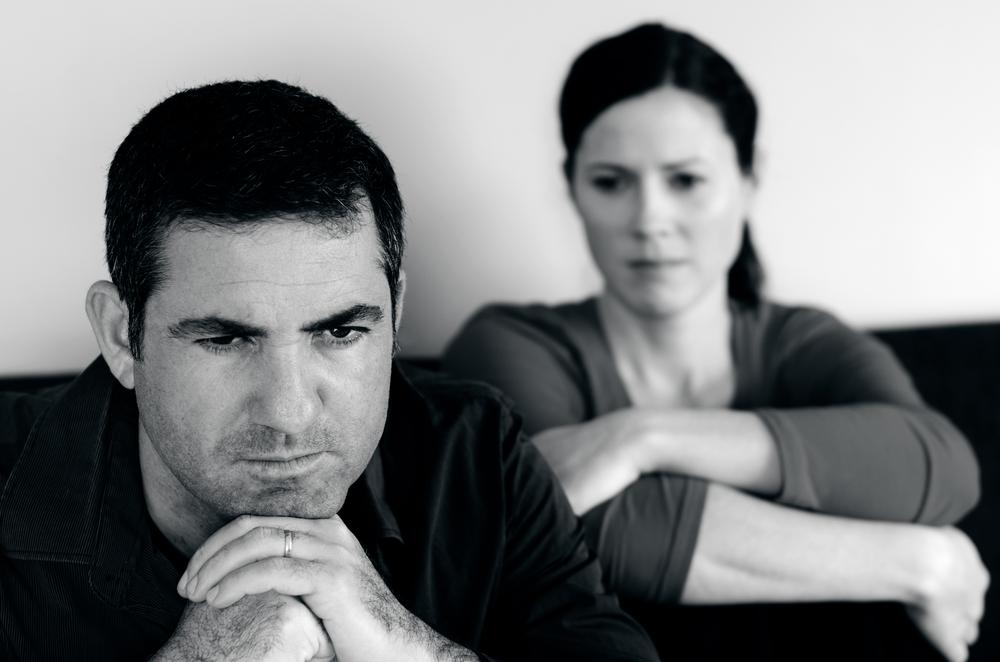We often hear that forgiveness is an act of kindness for ourselves, that if forgiveness benefits the one we are forgiving, that’s an added benefit. And yet one of the obstacles we face in forgiving someone is that we do not wish them well and, in fact, we want them to suffer because of what they did.
The idea that the other person could feel better due to our forgiveness is challenging and precisely what we want to prevent.






